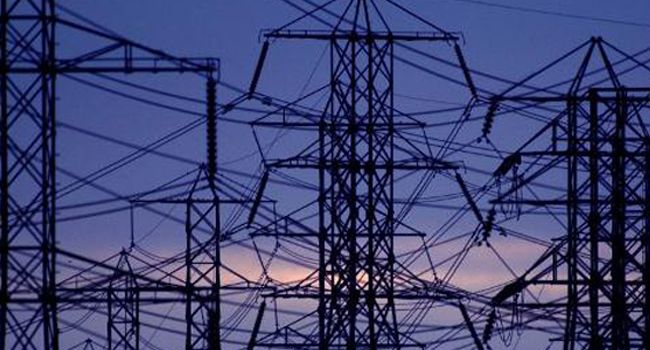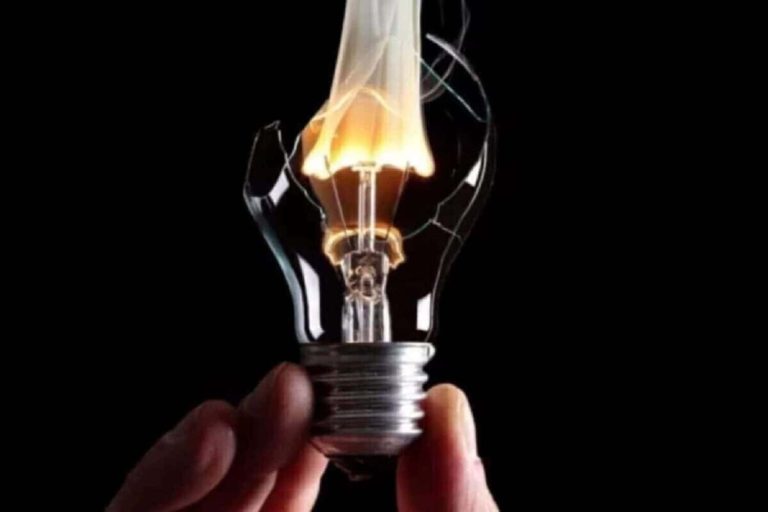
Power producers fault proposed settlement contracts, warn haircut could cripple electricity supply and investor confidence
Power generation companies (GenCos) have rejected the Federal Government’s latest contract proposal requiring them to accept only 50 per cent of the total debt owed for electricity supplied to the national grid.
The proposal framed as a 50 per cent “haircut” was issued to all GenCos except Azura Power West Africa, and seeks to pay the companies about ₦2.4 trillion, representing roughly 49.9 per cent of the outstanding obligations.
Government indebtedness to the GenCos rose to more than ₦5 trillion by the end of June. President Bola Tinubu had, during a July meeting with the companies, committed to clearing the debts through a bond issuance programme. The plan later received the approval of the Federal Executive Council (FEC) in August, followed by negotiations between senior government officials and GenCo owners in early October.
Special Adviser on Energy, Olu Verheijen, had said an agreement was reached on a repayment model. However, on October 16, 2025, the government sent out two contract documents, NBET Deed of Settlement and Deed of Novation which required the GenCos to forfeit half of the debt as final settlement.
The documents, reveal plans to transfer the legacy debt from the Nigerian Bulk Electricity Trading Plc (NBET) to a new special purpose vehicle, the NBET Bond Finance Company Plc, which would pay the settlement amount using proceeds from a Federal Government-backed bond issuance programme.
GenCos Reject Proposed Contract
One GenCo executive, who spoke anonymously, described the proposal being pushed by the Presidential Power Sector Debt Reduction Plan Committee as “bad faith” and a breach of the President’s earlier commitment.
“At the meeting with the Ministers of Finance and Power, the President’s energy adviser, and the chairmen of the GenCos, the 50 per cent haircut was unanimously rejected,” the source said. “For the government to now issue individual contracts forcing that position on us is unacceptable. We have rejected it again, and our position remains that the debt must be paid in full.”
The source added that the GenCos had earlier proposed two alternative repayment options, neither of which appeared in the government’s contract drafts. The first option was immediate payment of ₦2.4 trillion while deferring the balance. The second option sought only a 10 per cent haircut on interest components, with full payment of deemed capacity and true-up obligations.
According to the contract document, failure to resolve the debt could worsen liquidity constraints across the Nigerian Electricity Supply Industry (NESI), reduce generation output, increase the risk of system collapse, and further weaken investor confidence.
Stakeholders Warn of Sector-wide Implications
Managing Director of Mainstream Energy Solution Limited, operators of the Kainji and Jebba hydropower stations, Lamu Audu, said any sustainable solution must be one that both government and operators can agree upon. He noted that although hydro plants face different operational realities compared with gas-fired plants, all GenCos are currently grappling with severe financial strain.
Audu disclosed that his company is discussing a model that would convert part of the government’s debt to concession fees payable to the Bureau of Public Enterprises (BPE).
Energy market analyst, Lanre Elatuyi, said the government’s proposed haircut sends a troubling signal to potential investors.
“GenCos are already dealing with liquidity shortages that limit optimal performance and expansion,” he said. “If this haircut is enforced, their situation worsens, and the electricity supply industry could soon face serious resource adequacy issues.”
Elatuyi added that higher generation costs could result as GenCos may raise their marginal costs to offset anticipated revenue losses. “No investor will enter a sector where cost recovery is uncertain,” he warned.



